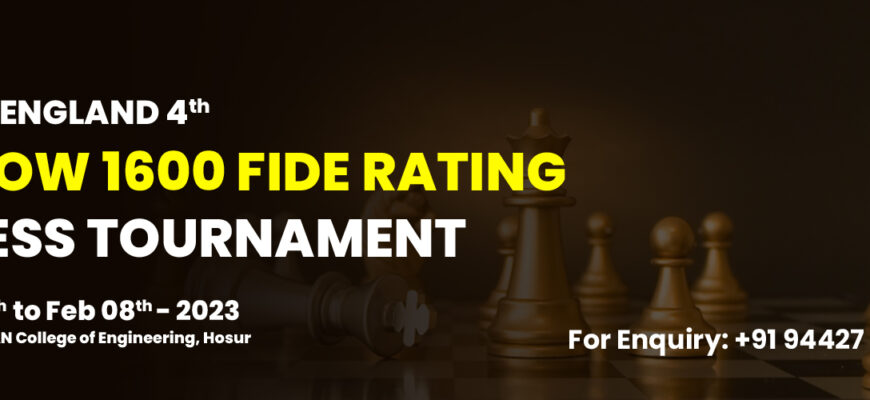In a significant move poised to reshape competitive chess, FIDE is piloting a “Fast Classic” format that introduces shorter time controls for games contributing to standard ratings. This bold initiative reflects a global demand for quicker, yet equally serious, chess encounters.
The Enduring Appeal, The Modern Dilemma
For centuries, classical chess has been the gold standard, demanding hours of meticulous thought, profound strategy, and unwavering concentration. Its revered status is built upon the rigorous mental fortitude required to navigate lengthy games. However, in our increasingly time-constrained world, the sheer duration of traditional classical matches—often stretching beyond four or even five hours per game—presents a growing challenge.
This challenge isn`t exclusive to players; tournament organizers grapple with complex scheduling, and spectators sometimes find it difficult to commit to watching protracted battles. The existing FIDE regulations for standard ratings, which stipulate minimum time controls based on player ratings (e.g., 120 minutes for top players, 90 for intermediates, 60 for lower-rated players for a 60-move game), while ensuring game quality, inadvertently create barriers to broader participation and event flexibility.
Introducing the “Fast Classic”: A Strategic Evolution
Recognizing this evolving landscape, FIDE has introduced a pilot project for what it terms “Fast Classic” tournaments. These events feature a carefully considered time control: 45 minutes per player plus a 30-second increment per move, starting from move one.
This specific format is a deliberate compromise. It`s substantial enough to allow for deep strategic planning and complex tactical sequences, distinguishing it sharply from rapid or blitz chess. Yet, it`s sufficiently condensed to enable more flexible tournament schedules, potentially allowing for two rounds in a single day without excessive player fatigue—a feat often impractical with traditional classical timings.
The concept itself isn`t entirely new, with figures like chess patron Oleg Skvortsov having long advocated for competitive formats that fit within a 2-3 hour round duration, aiming to make elite chess more accessible and digestible for both participants and audiences.
The Proving Grounds: Pilot Events
To rigorously test the efficacy and impact of “Fast Classic,” FIDE has designated three prominent tournaments as pilot events whose results will contribute to standard ratings:
- Qatar Cup (September 7–13): A regional powerhouse, offering valuable insights into its adoption.
- QCA Training Center September Tournament Classical (September 25–27): A controlled environment to assess performance.
- Women`s World Team Championship (November 17–24): A high-stakes international event, providing a crucial test at the elite level.
Crucially, while these events will influence standard ratings, they come with a significant caveat: no title norms will be awarded. This measured approach underscores FIDE`s commitment to gathering data and feedback before fully integrating “Fast Classic” into the broader framework of chess achievements. Furthermore, organizers are restricted to scheduling no more than two rounds per day, prioritizing player well-being during this experimental phase.
The Future of Chess: Balancing Tradition and Timeliness
The “Fast Classic” initiative represents more than just a minor tweak to tournament rules; it’s a strategic acknowledgment of modern life`s relentless pace. It attempts to answer a fundamental question: How can chess retain its intellectual gravitas and competitive integrity while adapting to a world that increasingly values efficiency and immediacy?
This move could democratize standard-rated play, offering more opportunities for players to engage in serious chess without the often prohibitive time commitment. It could also make competitive chess more attractive to a wider audience, transforming it into a more dynamic spectator sport.
Of course, such a significant shift is not without its debates. Purists might ponder if a faster format can ever truly capture the essence of classical chess. However, FIDE`s methodical approach—launching a pilot, gathering extensive data, and soliciting feedback—demonstrates a responsible stewardship of the game. It’s not a hasty overhaul but a careful exploration of chess`s evolutionary path.
“The chess clock ticks faster now, but the game`s soul, its strategic depth, remains untouched. FIDE isn`t rushing chess; it`s simply helping it keep pace with the world.”
The results of these pilot events will be meticulously analyzed, and the feedback from players and organizers will be paramount in shaping the future of “Fast Classic.” This period marks a fascinating chapter in chess history, as FIDE carefully balances the enduring traditions of the game with the undeniable demands of the 21st century.








